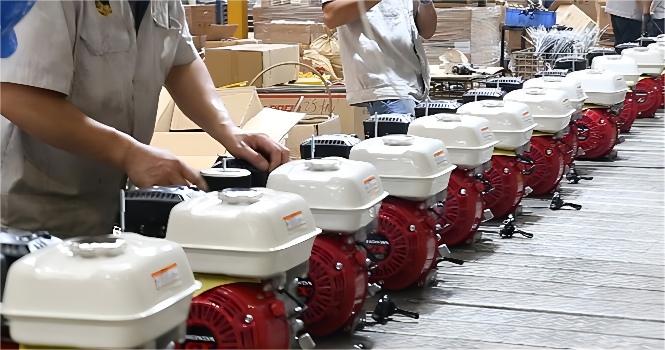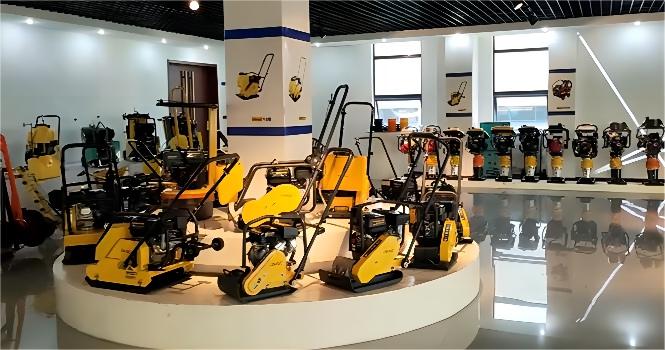Soil Compactor PME-C80T
When you are looking for a plate compactor, we can assist you in selecting the most suitable compactor plate for your business.
Overview
The PME-C80T Soil Compactor is tailored for both professional contractors and DIY enthusiasts, delivering a balance of power, efficiency, and durability. Powered by the reliable Loncin G200F engine, this compactor is built to handle a wide range of compacting tasks with exceptional performance.
Superior Performance
The PME-C80T features a 53 cm x 50 cm plate and generates a centrifugal force of 14 KN, making it highly effective for compacting a variety of materials. With a maximum compaction depth of 30 cm and an impressive frequency of 5,500 VPM, it ensures quick and efficient compaction across large areas. The compactor’s travel speed of 25 meters per minute allows it to cover up to 500 square meters per hour, making it an ideal choice for high-demand projects.
Versatile Applications
Engineered to perform in various conditions, the PME-C80T is perfect for compacting both cohesive and granular soils. Its compact design makes it easy to maneuver through tight spaces, and it can operate effectively on sloped surfaces with a maximum inclination angle of 20°. Whether you’re working on roadways, landscaping, or paving projects, this compactor delivers consistent, reliable results.
Built for Endurance
The PME-C80T is constructed from durable materials designed to withstand heavy use. With a gross weight of 95 kg and a net weight of 90 kg, the machine is robust yet manageable. It comes packaged in a compact size of 75 cm x 53 cm x 54 cm, ensuring easy transportation and storage. Backed by a 1-year product warranty, the PME-C80T offers peace of mind for any project, whether you’re a professional contractor or a dedicated DIYer.
Applications
- Retaining Walls
- Footings and Foundation Projects
- Landscapes and hardscapes
- Patchwork on Asphalt
- Pipeline Applications
- Road Repair and Trenchwork
- Cohesive Soils and Granular Soils
- Sticky soils – such as clay or clayey silt
- Gravel, sand, silt, clay, or mixed soils
- Base, Subbase, Subgrade, Subsoil
- Backfill Pools, Parks, Cemeteries, and Golf Courses
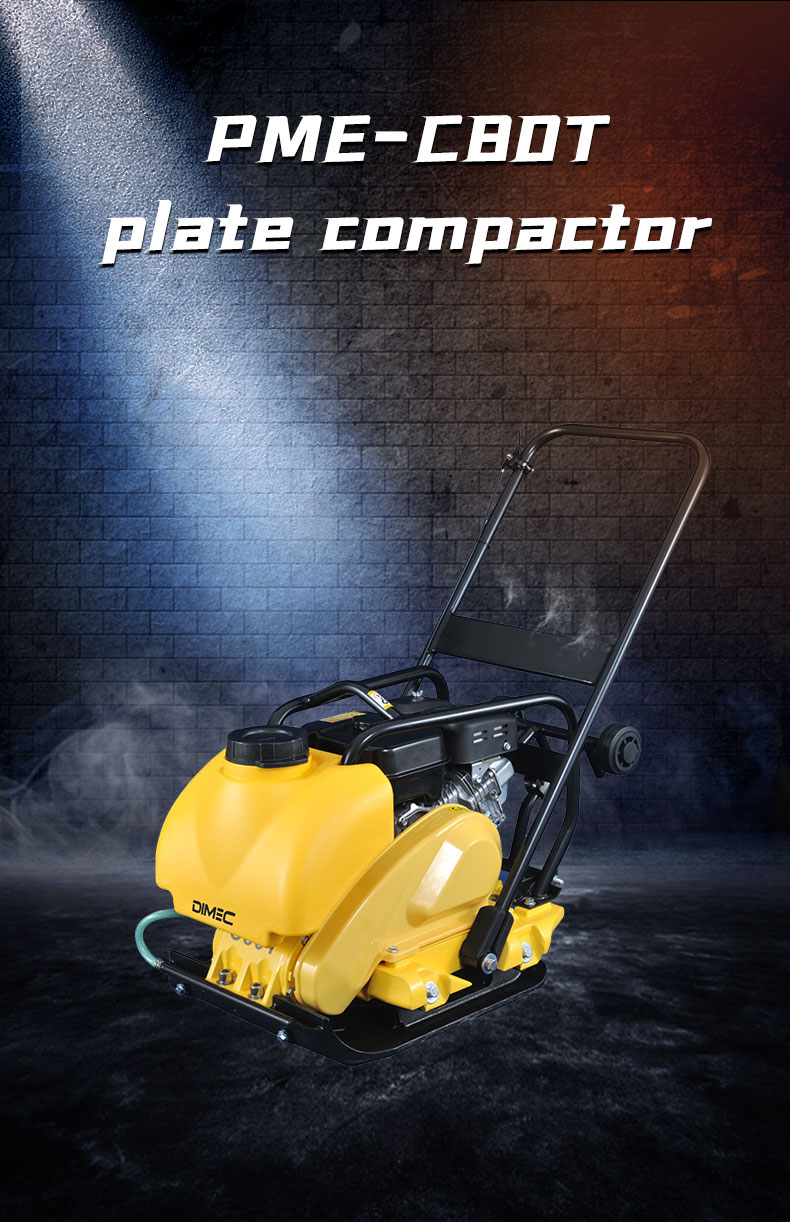
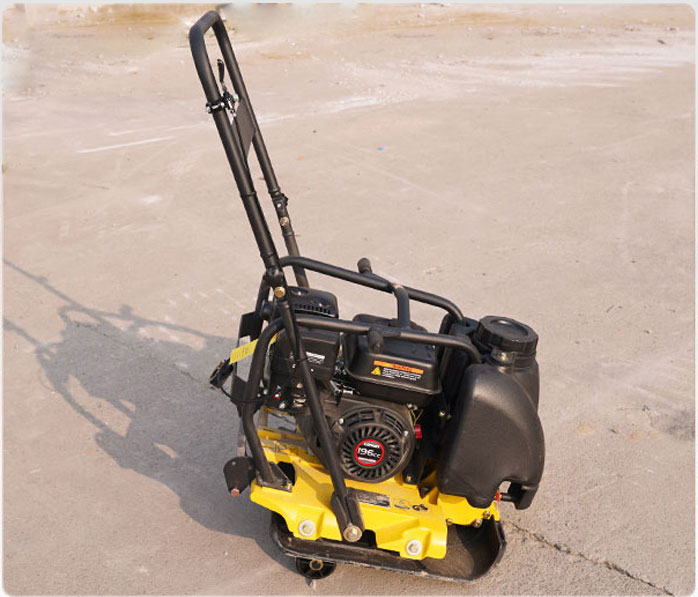
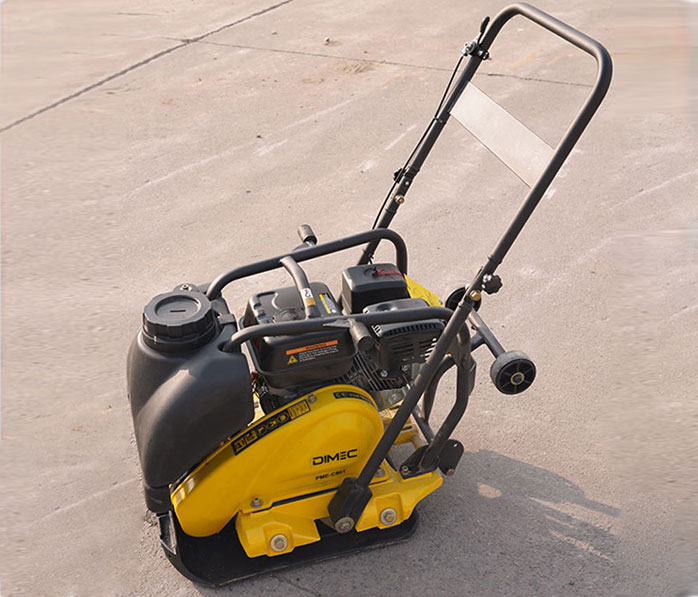
Key Specifications
| Model | PME-C80T |
|---|---|
| Engine | Honda / Robin / Loncin / Diesel engine |
| Engine type | Air-cooled, single cylinder, 4-stroke, petrol engine / diesel engine |
| Frequency [VPM] | 5500 |
| Centrifugal force [KN] | 14 |
| Plate size (LxW) [cm] | 53x50 |
| Max.compaction depth[cm] | 30 |
| Travel speed [m/min] | 25 |
| Max.inclination angle | 20° |
| N.W./G.W. [kg] | 90/95 |
| Package (LxWxH) [cm] | 75x53x54 |
ADVANTAGE

Low vibration comfortable operation
Heavy-duty shock absorber system that effectively improves operating comfort by reducing shock to arms.
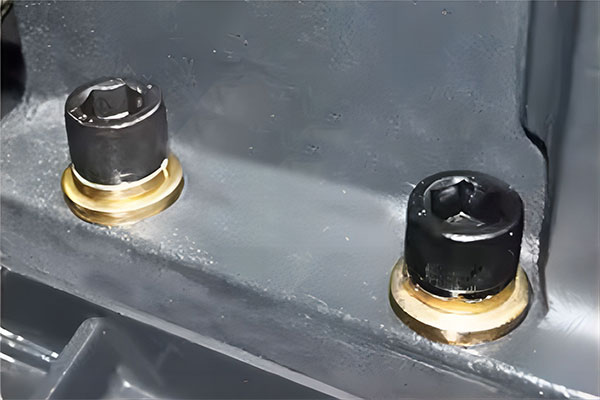
12.9 Grade bolts
High-strength bolts with exceptional durability, providing reliable fastening even under intense pressure and demanding conditions.

High strength engine frame
The material of thickened steel pipe has strong supporting force and stable gravity bearing capacity.

Strong power brand engine
Well-know brand engines Honda, Robin, Loncin low noise, low maintenance, low consumption.
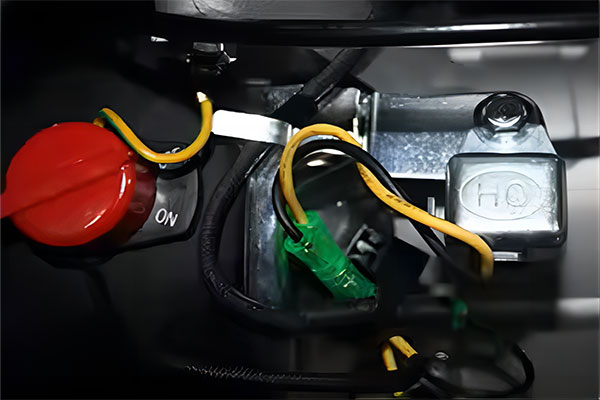
Low oil sensor
Advanced low oil sensor technology ensures automatic engine protection by preventing operation when oil levels are insufficient, extending engine life.
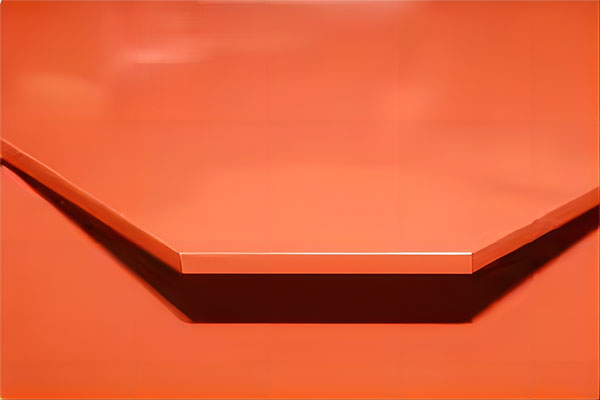
Professional spraying process
Utilizes advanced spraying techniques to deliver a smooth, even coating that resists wear, corrosion, and fading, ensuring long-lasting protection and aesthetic appeal.
QUESTIONS & ANSWERS
The most common types include static compactors, vibratory compactors, pneumatic rollers, and sheepsfoot rollers, each suited for different soil types and project needs.
A penetrometer can measure soil compaction. Proper compaction is typically indicated by resistance to penetration and reduced air gaps within the soil.
Yes, but the effectiveness varies. Granular soils like sand are best compacted with vibratory compactors, while cohesive soils like clay may require a sheepsfoot roller.
Regular maintenance should be performed according to the manufacturer's guidelines, usually after every few uses or monthly, depending on the frequency of use.
Static compactors rely solely on the weight of the machine to compress the soil, while vibratory compactors use vibrations to enhance the compaction process, making them more effective for certain soil types.
Other Similar Products
- All
- Forward Plate Compactor
20+ Years of Experience
Construction Machine Manufacturer
Professional manufacturer of small construction machinery, main products include plate compactor, tamping rammer, road roller,floor saw, concrete vibrator, generator etc.
Forward Plate Compactor
When it comes to construction and landscaping, having the right tools can make all the difference. One such indispensable piece of equipment is the forward plate compactor.
Whether you’re working on paving, landscaping, or foundation projects, understanding how to use and maintain this machine is crucial.
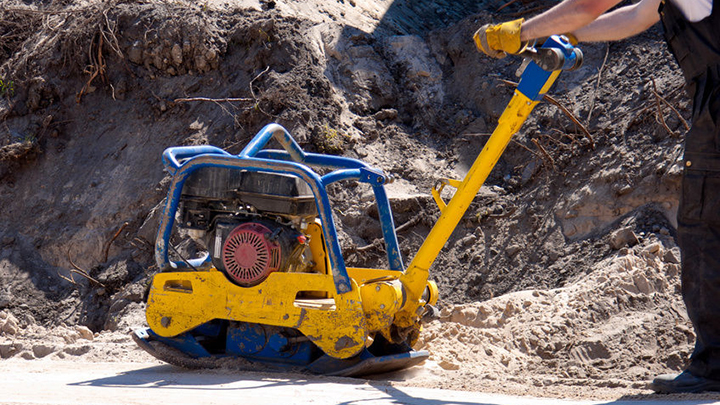
What is a Soil Compactor Used For?
Soil compactors are an essential piece of equipment in the construction and landscaping industries. If you’ve ever walked past a construction site and heard the rhythmic pounding of machinery, chances are you’ve witnessed a soil compactor in action. But what exactly does this heavy-duty machine do, and why is it so important? In this article, we’ll delve into the purpose and applications of soil compactors, helping you understand why they’re a staple in so many projects.
Types of Soil Compactors
When it comes to soil compactors, not all are created equal. Different types of compactors serve different purposes, depending on the project at hand. Here’s a closer look at the main types:
Static Compactors
Static compactors are the simplest type of soil compactor. These machines rely on the weight of the machine itself to compress the soil beneath them. They are ideal for projects where deep compaction isn’t required but surface-level density is critical. Think of static compactors as a gentle but firm hand pressing down on the soil.
Vibratory Compactors
Vibratory compactors take things up a notch by adding vibration to the mix. These machines not only apply pressure but also shake the soil particles into a tighter formation. The vibrations help reduce air gaps in the soil, making these compactors particularly effective for granular soils like sand or gravel.
Pneumatic Rollers
Pneumatic rollers, also known as rubber-tired rollers, are unique in their design. Instead of a solid drum, they have a series of rubber tires that compress the soil. This type of compactor is versatile and can be used on both granular and cohesive soils. The flexibility of the tires allows for a more uniform compaction across uneven surfaces.
Sheepsfoot Rollers
Sheepsfoot rollers are easily recognizable by their lumpy drum covered in protruding “feet.” These rollers are excellent for compacting fine-grained soils like clay. The feet dig into the soil, creating a kneading effect that pushes out air and moisture, resulting in a tightly packed surface.
How Soil Compactors Work
Soil compactors work on the basic principle of reducing the volume of air within the soil, thereby increasing its density. When the soil is compacted, the particles are forced closer together, which improves the soil’s load-bearing capacity. The effectiveness of this process depends on factors like pressure, vibration, and the soil’s moisture content. Too much moisture can lead to soil sticking together rather than compacting, while too little moisture can make the soil difficult to compress.
Applications of Soil Compactors
Soil compactors are used in a variety of settings, each requiring a different level of compaction:
Construction of Roads
One of the most common uses of soil compactors is in road construction. Before any asphalt is laid, the soil beneath must be compacted to create a stable base. This prevents the road from shifting or cracking under the weight of traffic.
Building Foundations
In construction, a strong foundation is everything. Soil compactors ensure that the ground beneath a building is solid and can support the weight of the structure. Properly compacted soil reduces the risk of foundation settling, which can lead to costly repairs down the line.
Landscaping Projects
Soil compactors are also handy in landscaping, especially when creating features like driveways, patios, or retaining walls. Compaction ensures these structures remain level and secure over time.
Erosion Control
Compacting soil is a key step in preventing erosion. By reducing the soil’s permeability, compactors help minimize water runoff, which can wash away soil and destabilize slopes.
Benefits of Using Soil Compactors
Using a soil compactor offers numerous advantages:
- Improved Load-Bearing Capacity: Compacted soil can support heavier loads, making it ideal for construction projects.
- Enhanced Soil Stability: Compaction helps create a more stable surface, reducing the risk of shifting or settling.
- Prevention of Future Settling: Proper compaction ensures that the soil won’t settle over time, which can lead to uneven surfaces or structural damage.
- Reduced Water Seepage and Erosion: Compacted soil is less prone to water infiltration, helping to prevent erosion and water damage.
Choosing the Right Soil Compactor
Selecting the right soil compactor depends on several factors:
- Soil Type: Different soils require different compaction methods. For instance, granular soils compact best with vibratory compactors, while cohesive soils like clay may need a sheepsfoot roller.
- Project Requirements: Consider the depth of compaction needed and the size of the area to be compacted. Larger projects may require heavy-duty machines, while smaller jobs might only need a handheld compactor.
- Moisture Content: The moisture level in the soil can greatly affect compaction, so it’s important to choose a machine that can handle the specific conditions of your site.
Operating a Soil Compactor
Operating a soil compactor requires attention to detail:
- Basic Steps: Start by preparing the soil, ensuring it’s at the right moisture level. Then, make slow, steady passes with the compactor, overlapping each pass to ensure even coverage.
- Safety Precautions: Always wear protective gear and keep a safe distance from the machine while it’s in operation. Be mindful of the terrain to avoid tipping or rolling accidents.
- Effective Compaction Tips: Use a consistent speed and pressure, and make sure the soil is neither too dry nor too wet for the best results.
Maintenance of Soil Compactors
Keeping your soil compactor in good working order is crucial:
- Regular Maintenance: Check the machine’s fluid levels, tires, and drum condition regularly. Lubricate moving parts to prevent wear and tear.
- Common Issues: Look out for signs of wear like uneven compaction, strange noises, or reduced vibration. Address these issues promptly to avoid costly repairs.
- Extending Lifespan: Store your compactor in a dry place, clean it after each use, and follow the manufacturer’s maintenance schedule to keep it running smoothly for years.
Challenges in Soil Compaction
Compacting soil isn’t always straightforward:
- Dealing with Different Soil Types: Some soils are more challenging to compact than others. For example, clay soils can be sticky and hard to work with, while sandy soils might require multiple passes to achieve the desired density.
- Compaction in Extreme Weather: Cold weather can make the soil harder and more difficult to compact, while overly wet conditions can lead to ineffective compaction.
- Overcompaction Risks: It’s possible to compact the soil too much, leading to problems like reduced drainage and soil structure damage. It’s important to strike the right balance.
Conclusion
Soil compactors play a critical role in construction, landscaping, and erosion control, ensuring that the ground beneath our roads, buildings, and gardens is stable and secure. By understanding the different types of compactors and their applications, you can choose the right tool for your project and achieve the best possible results.
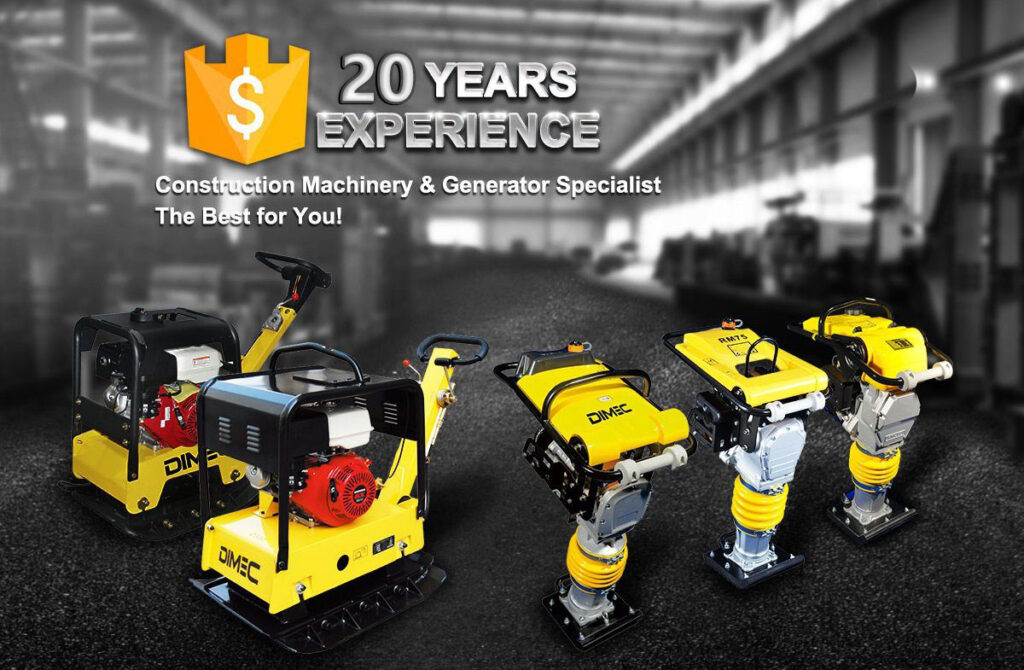
About Us
Wuxi Pinnacle Mechanical Equipment Co., Ltd. (PME) As a first-class specialty enterprise we serve global clients. PME specialize on production of plate compactor, tamping rammer, floor saw, concrete vibrator for global construction industry. We also produce engine, generator, and water pump. PME’s strengths are rooted from our strong team and rich resources.
We have complete production and assembly lines for different machines. There is a team of chief engineers, senior technicians and QC inspectors, equipped with a variety of finishing, spare parts inspection and product testing equipment, to safeguard production and innovation. Thus, we can control every step of production, from finish machining of spare parts, steel plate cutting and welding, spraying paint, all the way to product assembly. This results in effective product quality control.
With more than 20 years of exporting experience, PME has been exporting to over 68 countries and regions including North America, South America, Europe, Southeast Asia, Middle East, Africa. We also form strategic corporations with many multinational companies.
Factory Show
Let our expertise in custom Forward Plate Compactor take your projects to the next level.
Why Choose Us
Professional construction machinery manufacturer with OEM service
We are a leading manufacturer in the construction machinery industry, offering top-notch Original Equipment Manufacturer (OEM) services. Our commitment to innovation and precision engineering ensures that our machinery meets the specific needs of our clients, providing customized solutions that enhance efficiency and performance on the job site.
20 years production and exportation experience
With two decades of experience in production and exportation, we have built a strong reputation for delivering reliable and high-quality construction equipment worldwide. Our extensive knowledge and expertise in the industry enable us to understand the unique challenges of different markets, ensuring our products are tailored to meet global standards.
20+ types of construction site equipment are available for selection
We offer a diverse range of over 20 types of construction site equipment, catering to various industry needs. From heavy-duty machinery to specialized tools, our product lineup is designed to support every phase of construction, providing our clients with the flexibility to choose the right equipment for their projects.
10+ years QC monitor products quality
Our rigorous quality control processes have been refined over more than 10 years, ensuring that every piece of equipment we produce meets the highest standards. Our dedicated QC team meticulously monitors every stage of production, guaranteeing that our products deliver consistent performance and durability in the field.
8+ years experienced skilled workers
Our team comprises highly skilled workers with over 8 years of experience in the construction machinery industry. Their expertise and dedication are reflected in the precision and craftsmanship of our products, ensuring that every detail is executed to perfection.
8 workshops, 12 production lines
With 8 state-of-the-art workshops and 12 production lines, our manufacturing capabilities are designed to meet large-scale demands efficiently. Our advanced facilities allow us to maintain a streamlined production process, ensuring timely delivery of high-quality machinery to our clients around the world.
Unlock Superior Construction Efficiency with Our Expertly Engineered Machinery
Discover a world of advanced construction equipment tailored to meet the demands of modern job sites. With 20 years of industry experience and a commitment to quality, our machinery is designed to boost productivity and ensure reliability in every project. Explore our diverse range and experience the difference of precision-engineered solutions.




